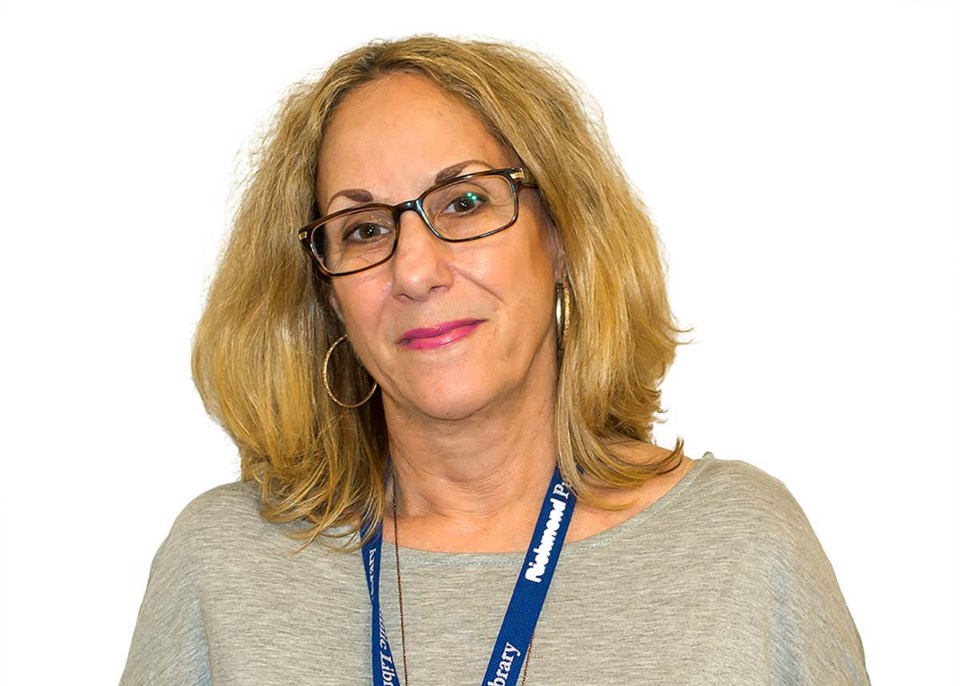The sheer brute force of reality assaulted me on Oct. 15 when my 92-year-old mother, Estelle Civkin, passed away. It wasn’t unexpected at that age, but still, a shock to the system.
My world contracted. My heart hurts.
My mom had been declining the previous week — she was less responsive, more agitated. She wasn’t eating much, had trouble swallowing, and had lost even more weight. Her little bones were like that of a sparrow.
When I saw mom at 1:30 p.m. on her last day, she barely responded to me.
Agitated, she kept tugging at her pants. I tried feeding her ice cream, but it all came dribbling out. Drinking was no longer negotiable.
I stayed till 3 p.m. and had a sick feeling that this might be the end. I got in my car and started driving, but immediately had to pull over.
My eyes were filled with tears. I prayed that if this was going to be the day of mom’s passing, that she pass quickly, peacefully and without a struggle. And that’s what happened.
We got a call at 5 p.m. from the nurse at the Louis Brier Home where mom lived, telling us that mom was not responsive, and they’d put her on oxygen.
My sister and I and our spouses rushed over to find mom in bed, eyes open and fixed, frail as could be. Even her two caregivers — Mercy and Rochelle — were there, crying along with us.
We held her hands, kissed her, and told her we loved her.
I whispered in her ear that if it was too hard for her, she could let go. I don’t know if mom was waiting for permission, but I wanted her to know we were okay with it.
At around 6:30 p.m. the nurse gave her something to ease the pain, if there was any, and at 6:54 p.m. mom took her last breath. I feel blessed to have been with her at the end.
After mom passed, I wanted to remove the oxygen mask, but was told by the nurse that we “couldn’t touch the body.” There were protocols to follow.
All of a sudden, mom went from being “Estelle” or “your mother,” to “the body.”
So impersonal.
I recognize that nothing nasty was meant by it, but still, it struck me as cold.
We buried Mom at 1:30 p.m. the next day, then had an abbreviated two-hour shiva.
At sundown, the joyous Jewish holiday of Sukkot started, and Jewish law states that mourning is not allowed during that time.
Grief, however, doesn’t take a holiday.
I read somewhere that “one never finishes mourning.” I miss my mom already.
So this, too, is retirement.
Shelley Civkin is a retired communications officer with the Richmond Public Library



